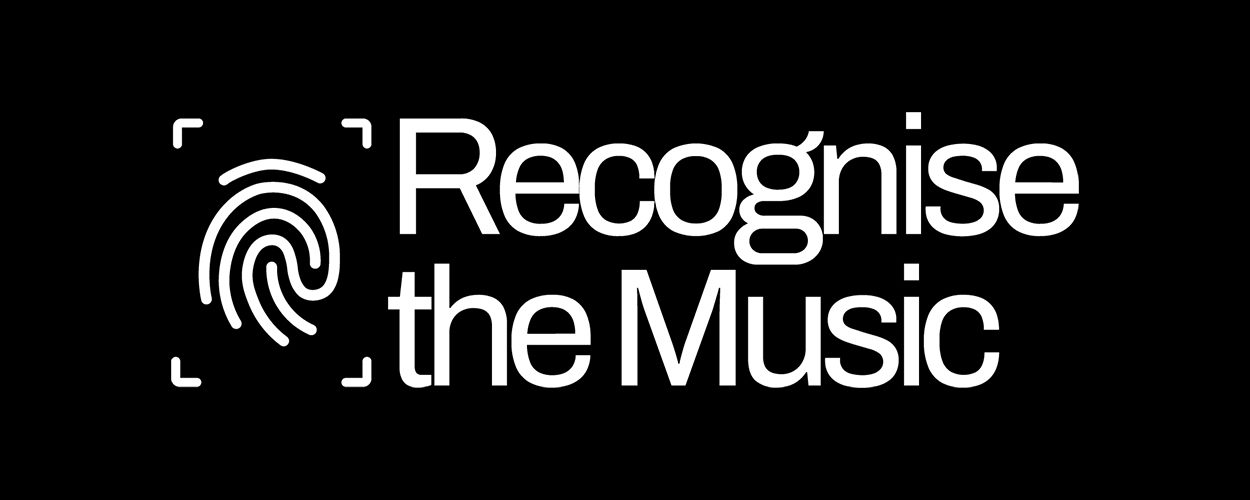This website uses cookies so that we can provide you with the best user experience possible. Cookie information is stored in your browser and performs functions such as recognising you when you return to our website and helping our team to understand which sections of the website you find most interesting and useful.
Business News Digital Labels & Publishers
Recognise The Music campaign calls for wider embracing of audio-ID for processing performance royalties
By Chris Cooke | Published on Thursday 21 July 2022

Music industry organisations including the Music Venue Trust, Featured Artists Coalition, Music Managers Forum and Association Of Independent Music have partnered with audio recognition company Audoo on a new campaign called Recognise The Music, which is calling for technologies like that made by Audoo to be more widely embraced by the industry so to more accurately distribute public performance royalties.
Whenever music is played or performed in public, royalties are due to the music industry, of course. The licensing of public performance is handled via the collecting licensing system, so in the UK that’s PPL for recordings and PRS for songs.
However, one challenge the industry has always faced in this domain is how to track what music every pub, club, bar, cafe, shop, gym and office has used and therefore which artists, songwriters, labels and publishers should be paid.
These users of music aren’t usually in a position to provide complete – or, quite often, any – usage data. Therefore collecting societies have traditionally had to come up with systems to share out that money without really knowing who should get it. And whatever those systems might be, they are usually somewhat controversial.
As audio-recognition technology has gained momentum, some in the music community have called for it to be employed to track usage of music in all of these places.
And some collecting societies – including PRS and PPL – have been piloting the use of such tech, especially in the clubbing and dance music festival domain. But some reckon the time has come for audio-recognition technology to be much more widely embraced.
Which brings us to the Recognise The Music campaign, which states: “Unidentifiable and inaccurate royalty payments is one of the music industry’s biggest challenges, with over £2 billion in global revenue allocated without the capacity to track where it should really go. Recognise The Music believes that in order for all artists and songwriters to get paid with greater accuracy, first it needs to be possible to recognise what music is being played, consistently”.
As part of the scheme, certain venues and other businesses playing music in public will receive audio-meters from Audoo to track what music they are playing. The tech firm states that that audio-meter “recognises what music is playing and securely fingerprints it, with no audio ever being stored or sent from the device. Providing this new, real-world data means artists and songwriters will receive the correct royalties they are owed for the broadcasting of their work”.
Commenting on the campaign, Audoo CEO Ryan Edwards says: “Recognise The Music is really special to us because it does exactly what it says it will. It recognises music to ensure that all artists of all shapes and sizes have their music recognised and that they’re paid equally and correctly”.
“This helps the industry across the whole board”, he goes on. “From the venues right to the artists – the biggest artists in the world to the new artists that are starting out. Venues don’t need to report, everything is automated. The music fees they have to pay flow straight through to the artists. It’s important because everyone is paid accurately and correctly”.
Beyond getting people more accurately paid, Edwards adds, audio-recognition tech can also help the industry better understand where music is being played. “Recognise The Music is going to deliver a new way for venues, artists, publishers, labels, song funds, booking agents, the whole music industry to understand the ways music is consumed and then distributed”, he concludes. “It’s about enabling the entire industry to understand how, why and where music is played”.





